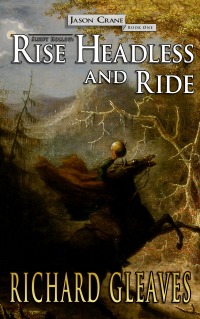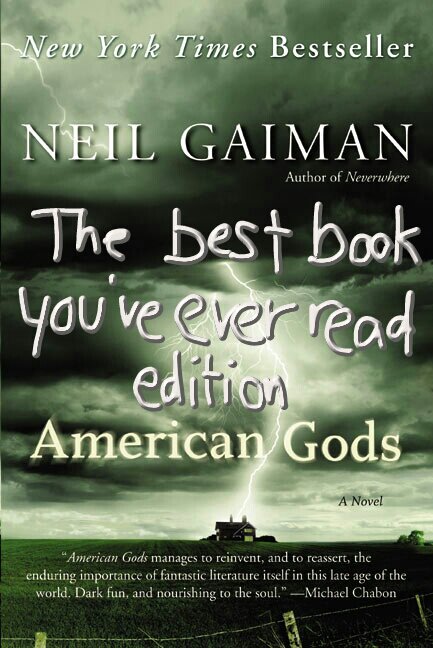I picked up the Kindle version of this book last fall in a fit of autumnal yearning for American folklore. For growing up in the southern USA, I think I have a decent grasp of The Legend of Sleepy Hollow by Washington Irving. I’ve seen bits of the animated film, and I’ve even seen a couple of live theater performances of it. Fortunately, if you’re not as cultured as I (Ha!), the original short story is included with the novel if you need to catch up.
Rise and Headless and Ride, by Richard Gleaves, was released in 2013. It tells the story of a young man, Jason Crane, as he moves to Tarrytown, New York, or more famously Sleepy Hollow. There he explores the legend and its characters, and finds some startling truths about it, and about himself.
The plot surrounding Jason’s investigation of the Sleepy Hollow legend is interesting, especially if you’ve an interest in the tale already, but for me the true strength of the novel lies in its characters.
I’m always a fan of good characters and this novel offers that in abundance. The tight, effective plotting requires only a handful of characters, and the main ones especially are well motivated and realized.
My favorite is Liza, the main character’s grandmother. Her eager perspective on life despite her age actually reminds me of someone I knew, which made her really jump off the page. Even if she is a mere construct for the purpose of the plot, she seems like a plausible figure who is seamlessly stitched into the story.
The main antagonist for the story is a joy to dislike. He isn’t some apologetic, morally gray figure. No, he is unabashedly unethical, manipulative, and he knows it. It is completely within his power to be otherwise, but he chooses his path, and for the purpose of the plot, he is a conducive catalyst for dramatic conflict.
Also, there are a couple of gay characters in the book. As a gay person myself, it was refreshing to see. What was really great, however, is that these aren’t just token gay people who were injected to create an illusion of diversity. They had their own motives and drama that existed outside of the main character, and actually wound up enhancing the main conflict.
Even more, each of the gay characters provides a different perspective on what it’s like to be a gay teenager, without being stereotypical or satirizing. Being gay isn’t the overwhelming quality about them, but neither is it some superficial addition that the author made to garner extra points.
Overall, I get a positive impression from the book that reminds me of a really great pilot episode of a promising TV series. The comparison to television is not meant to be demeaning. Outside of novels, television in the past several years has provided some of the best writing of both story and characters.
There is a good degree of restraint applied to this story. Not everything is explained all at once. Elements are left to simmer and develop. The right moments are allowed to happen, while even more dramatic things grow in the background. The novel concludes intensely, and cleanly, but it beckons you for more.
At the novel’s start, we are introduced to a world that strongly resembles our own, but by the end we are escorted into new and surreal territory. This kind of transition is not often done so smoothly, with many authors being quite blunt about it.
One last thing that surprised me was that the novel is listed as Young Adult Horror. This isn’t a bad surprise. In fact, I didn’t really feel like I was reading a young adult novel. What I mean by this is, don’t let that category deter you. There is much to enjoy here.
Its sequel, Bridge of Bones, was also just released in October of 2014. It’s exiting to see that there is more to come.
Image from Goodreads.



